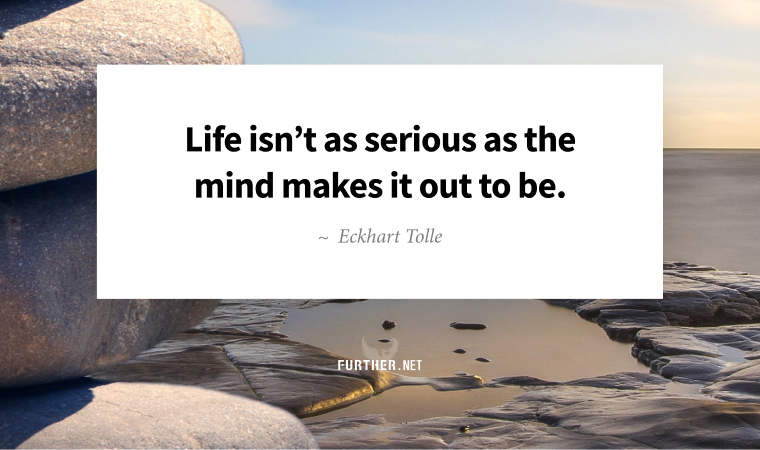
Remember the lazy, hazy, crazy days of summer?
Yeah, me neither. Giving ourselves time to do nothing seems like a distant memory, reserved for childhood or some far-off notion of retirement.
Relaxation is good in theory and potentially torturous for many of us in reality. Even when we go on vacation, research shows we settle for jam-packed schedules — even if given a choice to simplify the itinerary.
Meanwhile, there’s abundant evidence that excess work is bad for you, and relaxation supports greater creativity, productivity, and focus. Plus, there are myriad health benefits of taking regular breaks, including less risk of heart attacks and strokes, lower instances of chronic illnesses like diabetes, better sleep, and reduced anxiety, depression, and burnout.
None of this is news, so why do we run ourselves ragged, and how can we get better at recharging?
American Idle
A big part of the chillaxing conundrum is our societal obsession with hyper-productivity. This isn’t just a US thing; thanks to our 24/7 global economy, overwork is increasingly normalized.
Emotion is a primary driver of our relaxation resistance — and the fear of being unable to provide or survive fuels guilt.
Guilt is an emotion that’s socially constructed. Its functioning depends on culture and internalized values. This means that what makes you feel guilty is, in large part, what your social environment tells you should make you feel guilty.
Beyond that, the incessant push of our digital age has turned us into stimulation addicts terrified of being bored. A famous study showed that people would rather give themselves electric shocks than be left alone with nothing to do but think for 15 minutes.
What’s really shocking is that we’ve gotten so far afield from the joy of downtime that we forget how to do it. Relaxation is a skill you can build, so chill: you’ve got this.
Give Yourself a Break
Happiness expert Arthur C. Brooks recommends three steps to take a breather:
- Put relaxation on your daily to-dos: Start by sitting quietly without any tech for five minutes and work up to 20 minutes to train your brain to use its “default mode network” or resting state.
- Take a stress-free vacation: Once you’re good at making space to space out, you’re ready to take your show on the road. Focus your plans on unlimited leisure with minimal commitments so you can experience unbridled idleness.
- Let your mind wander: Daydreaming is restorative anytime, especially when you’re away. Choose “soft fascination” activities — things that encourage drifting like taking an “awe walk” — vs. “hard fascination,” which are attention-requiring activities like playing a word game.
See how simple it is to take it easy? Just give your guilt a rest, and you’re on your way to winding down.
How to Embrace Doing Nothing (The Atlantic)
